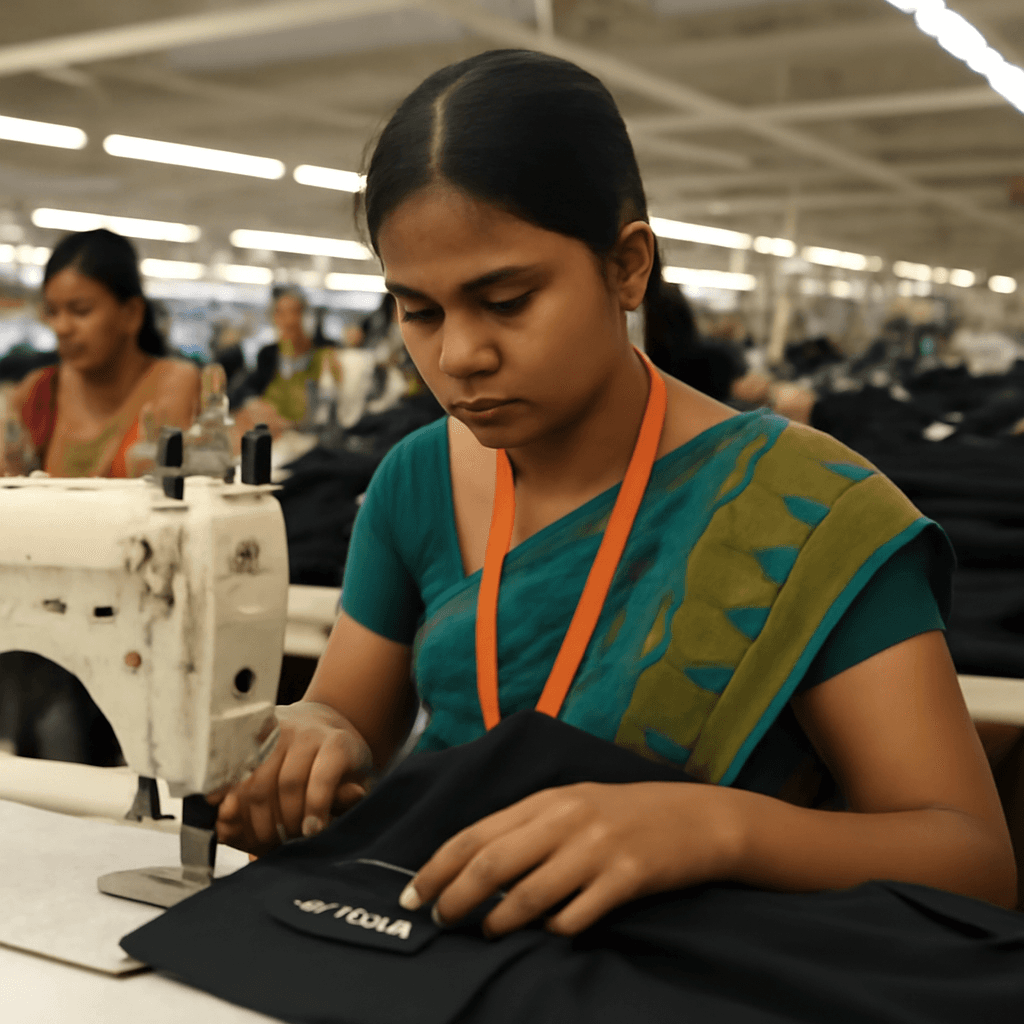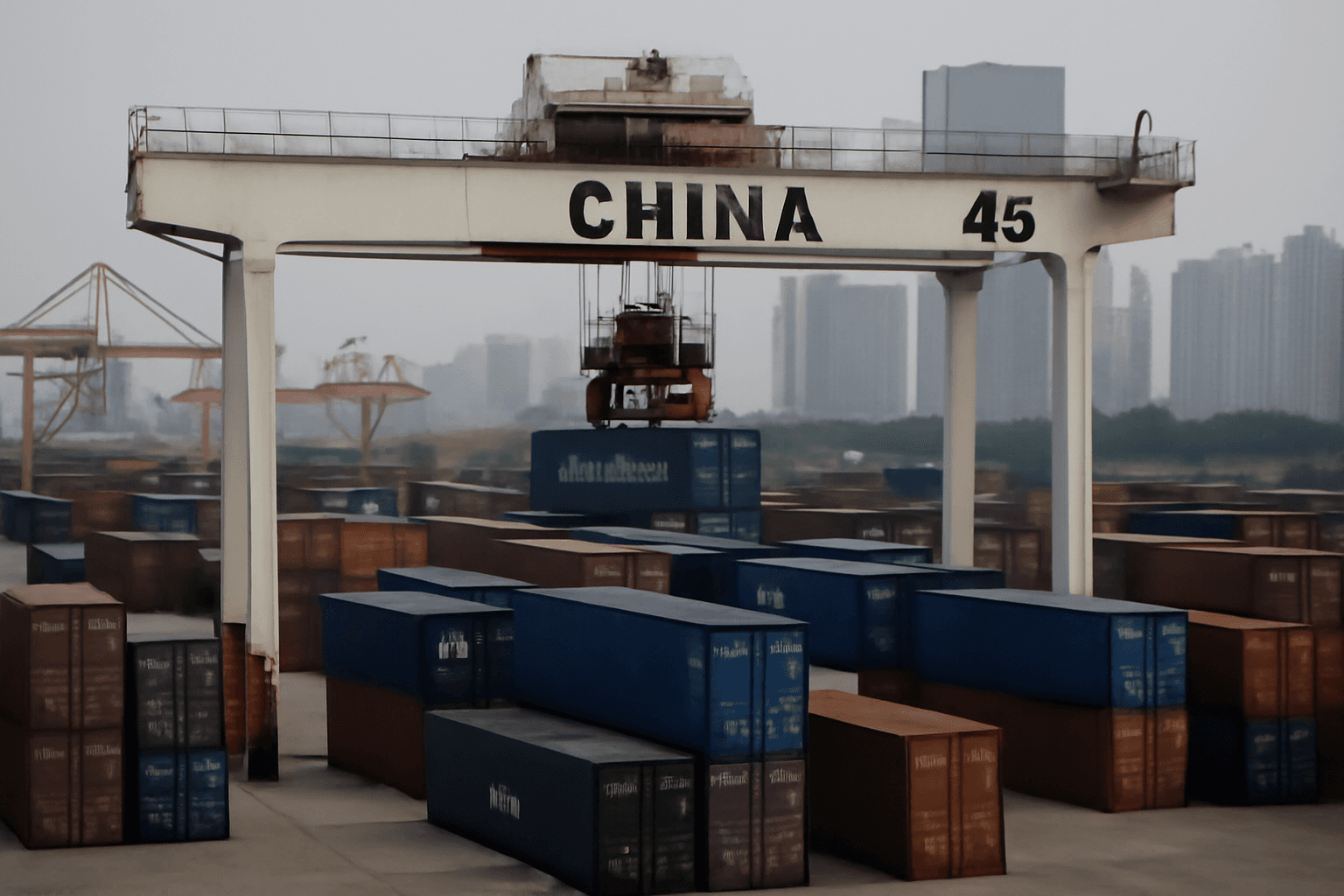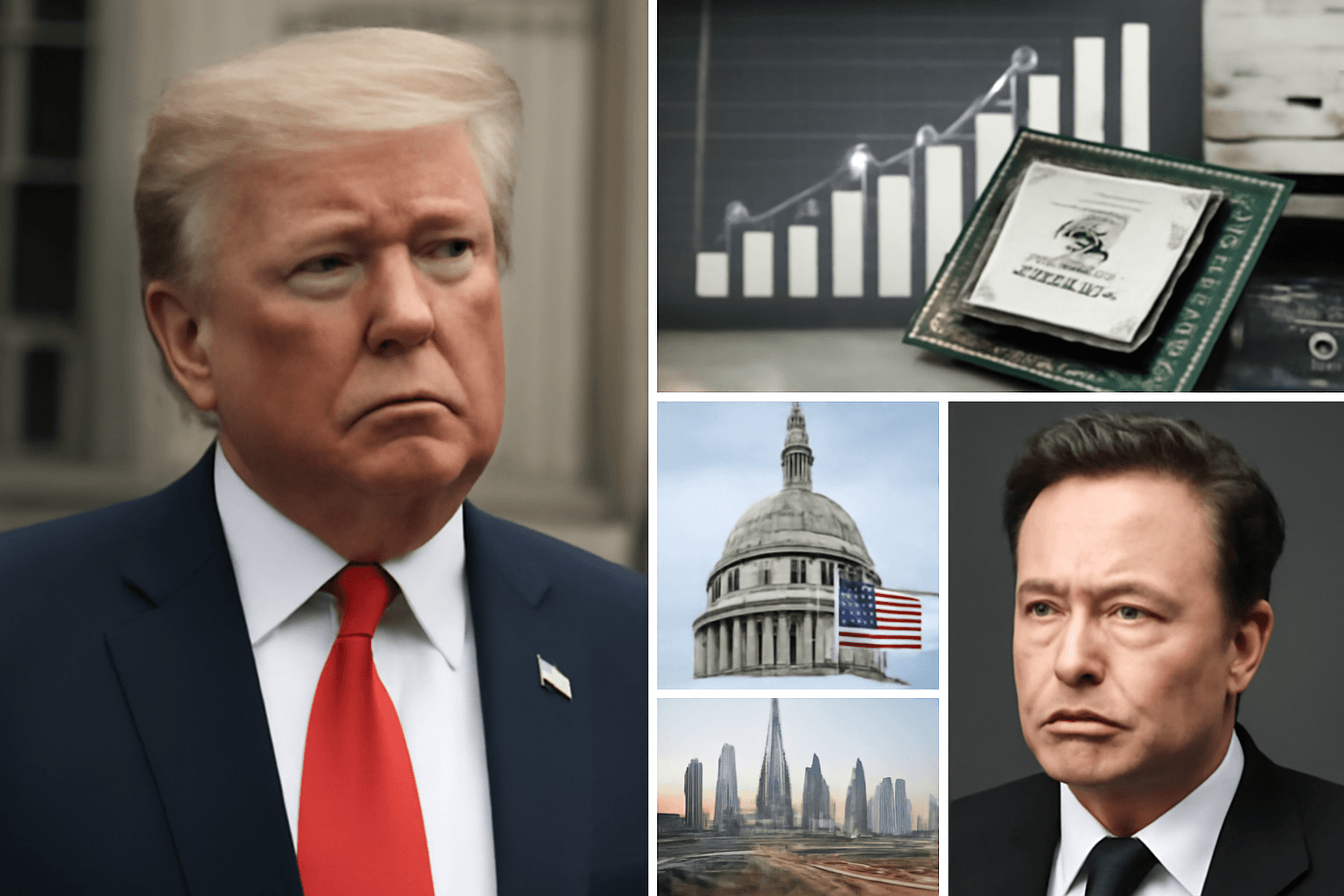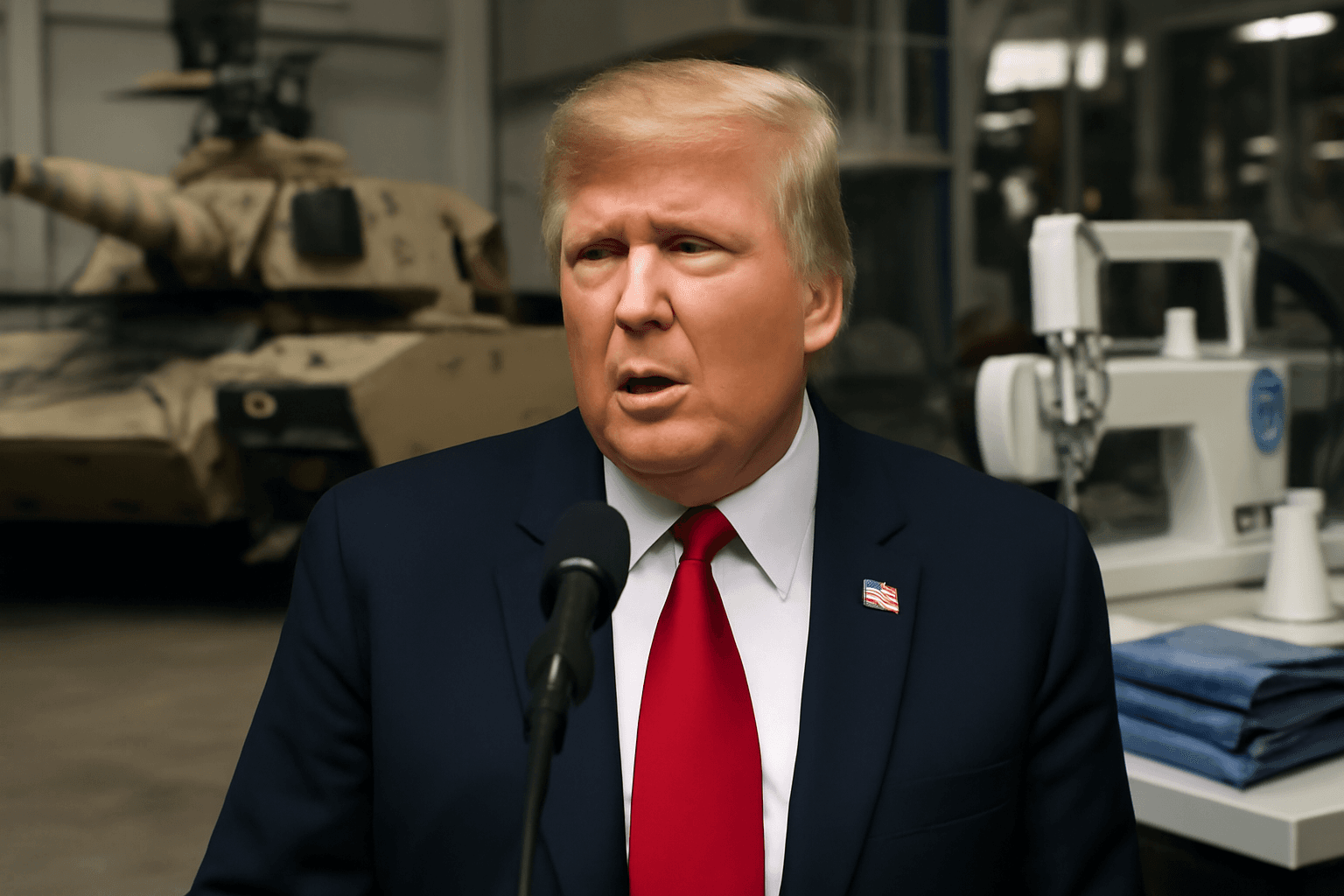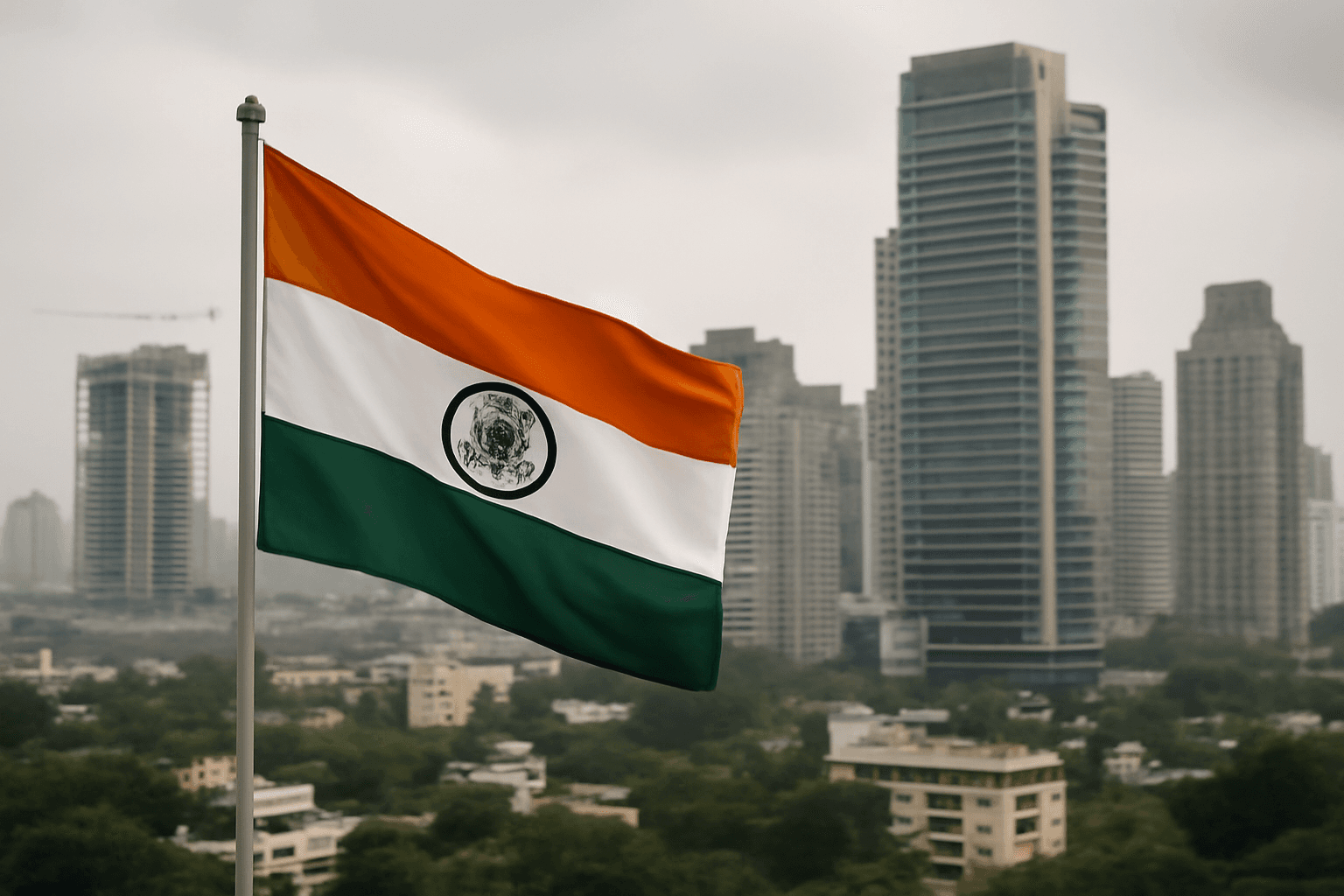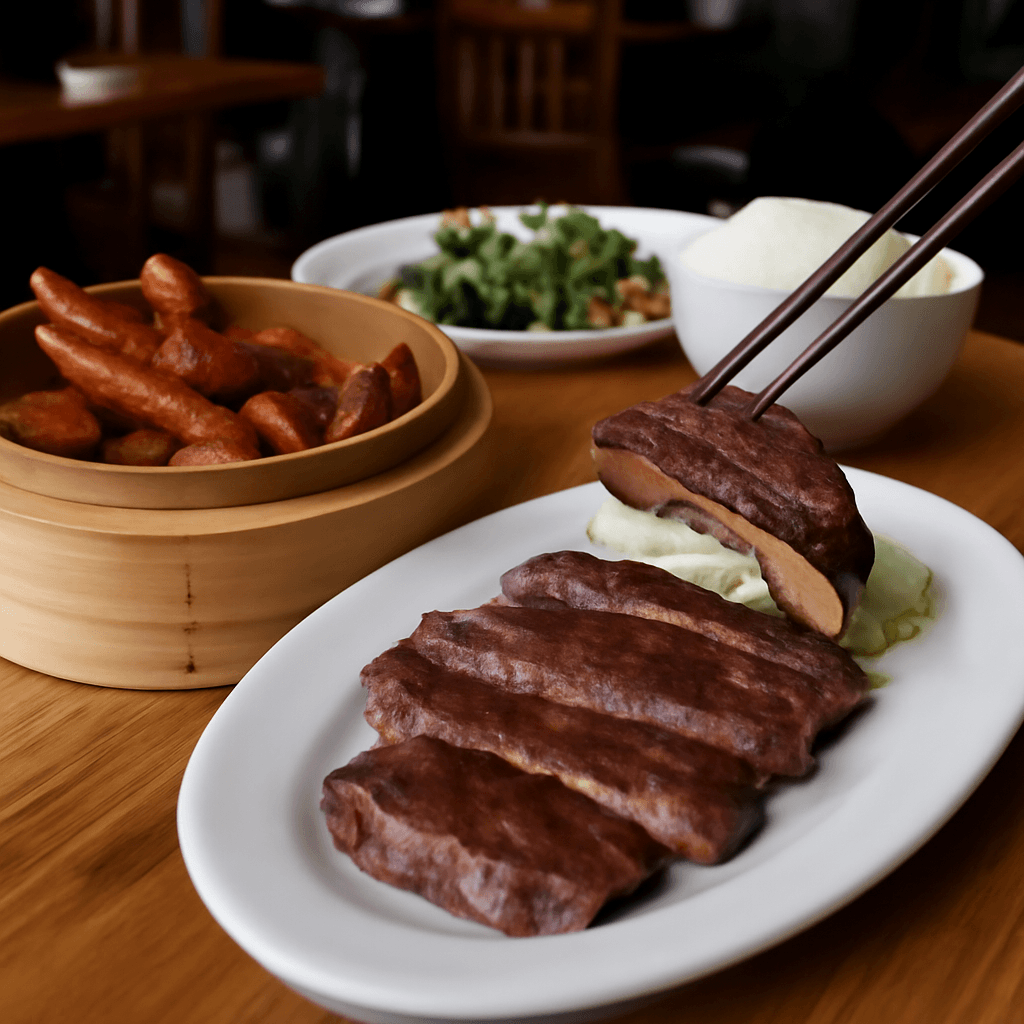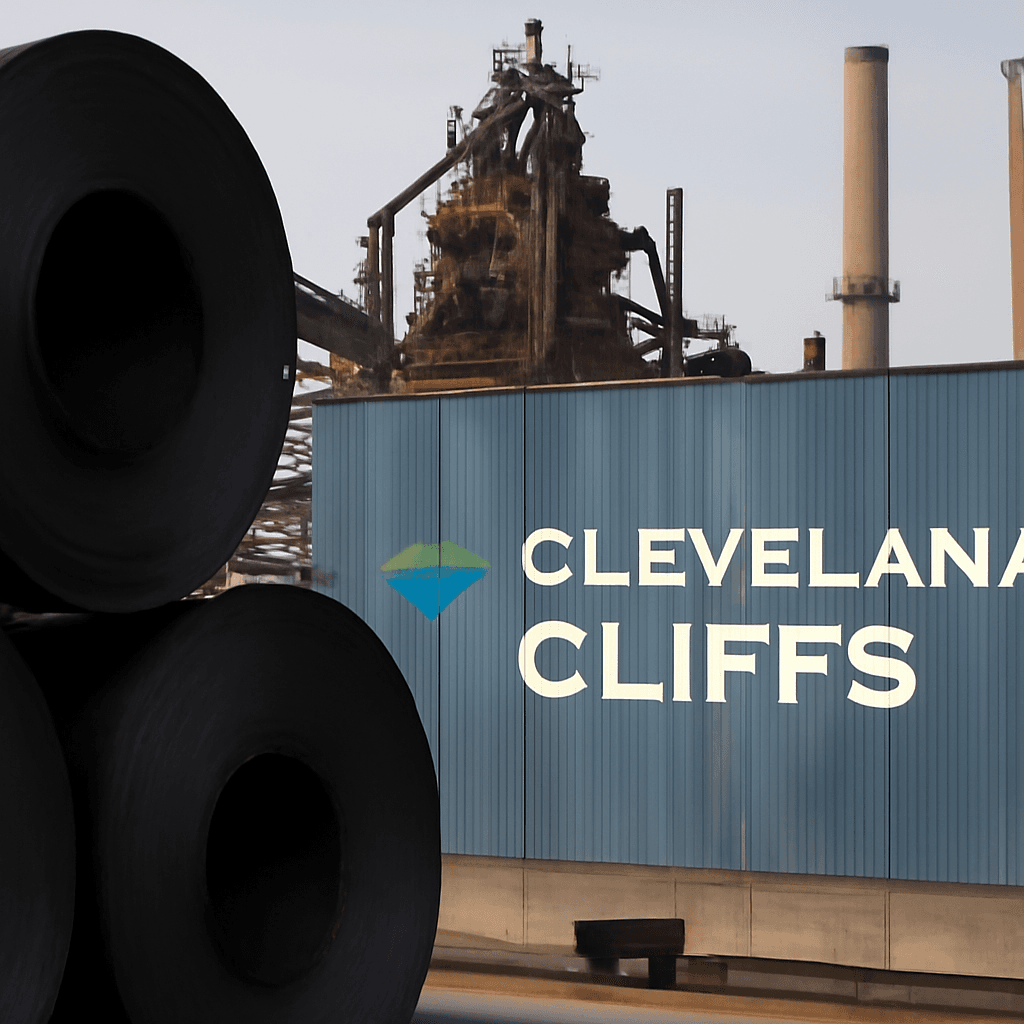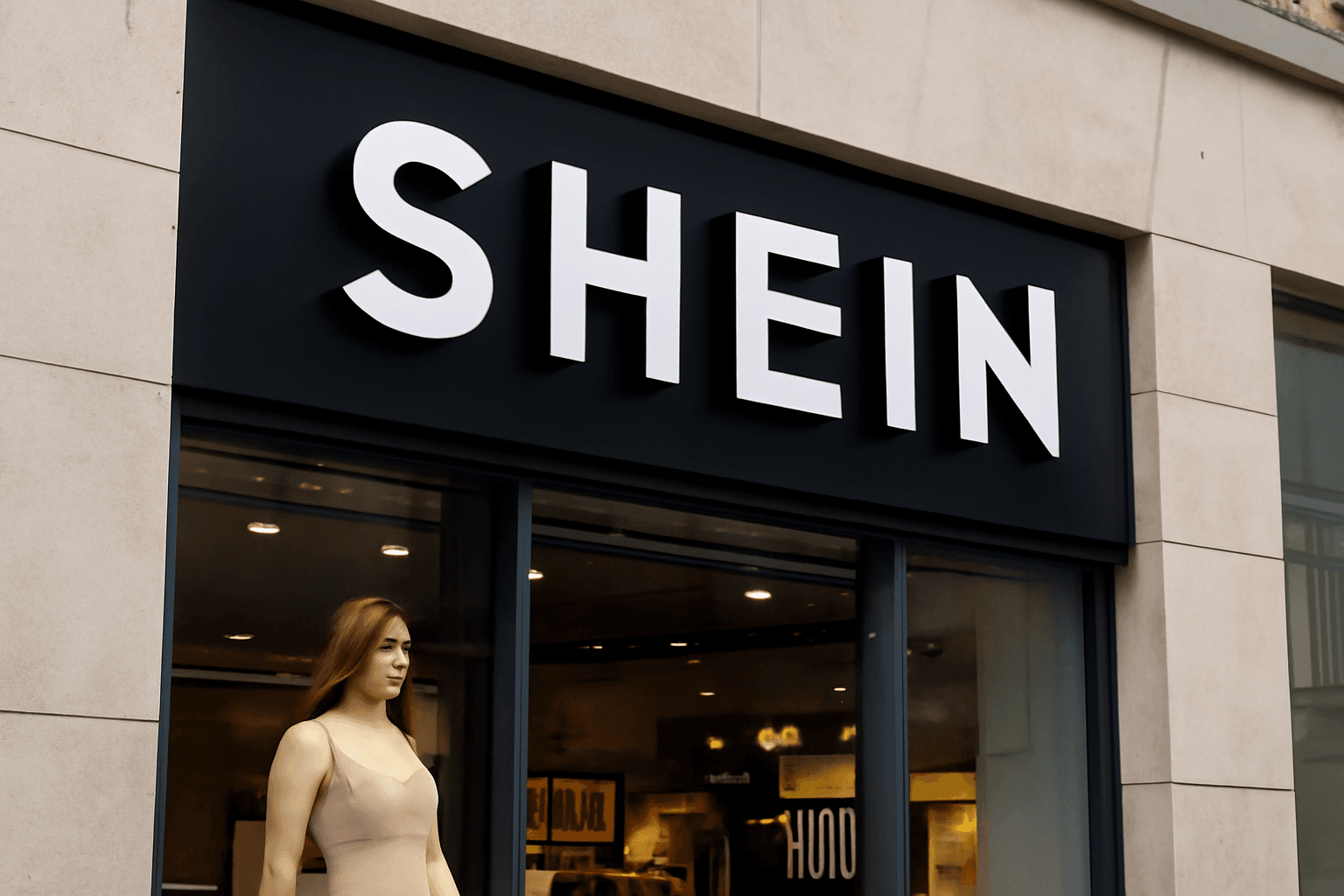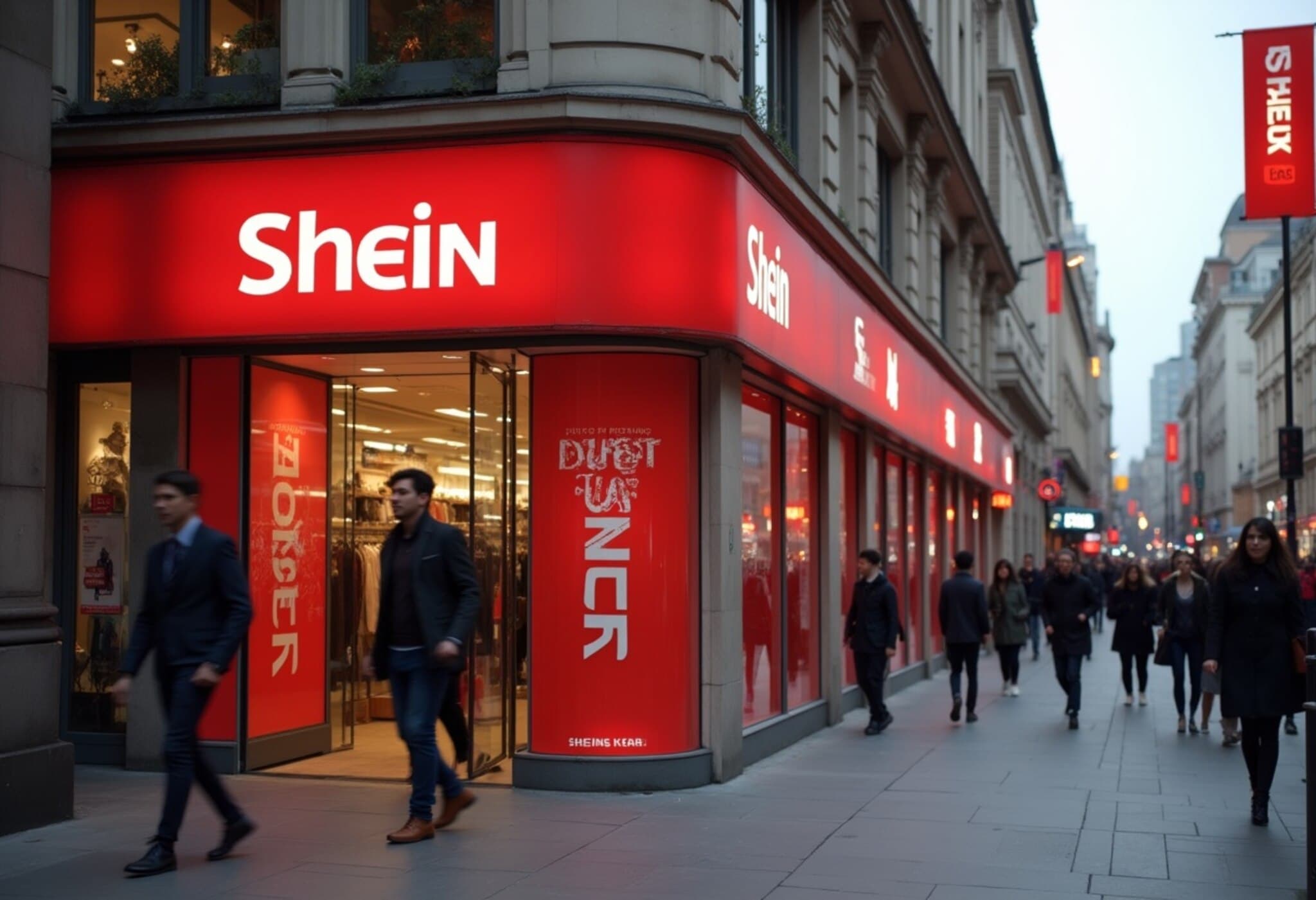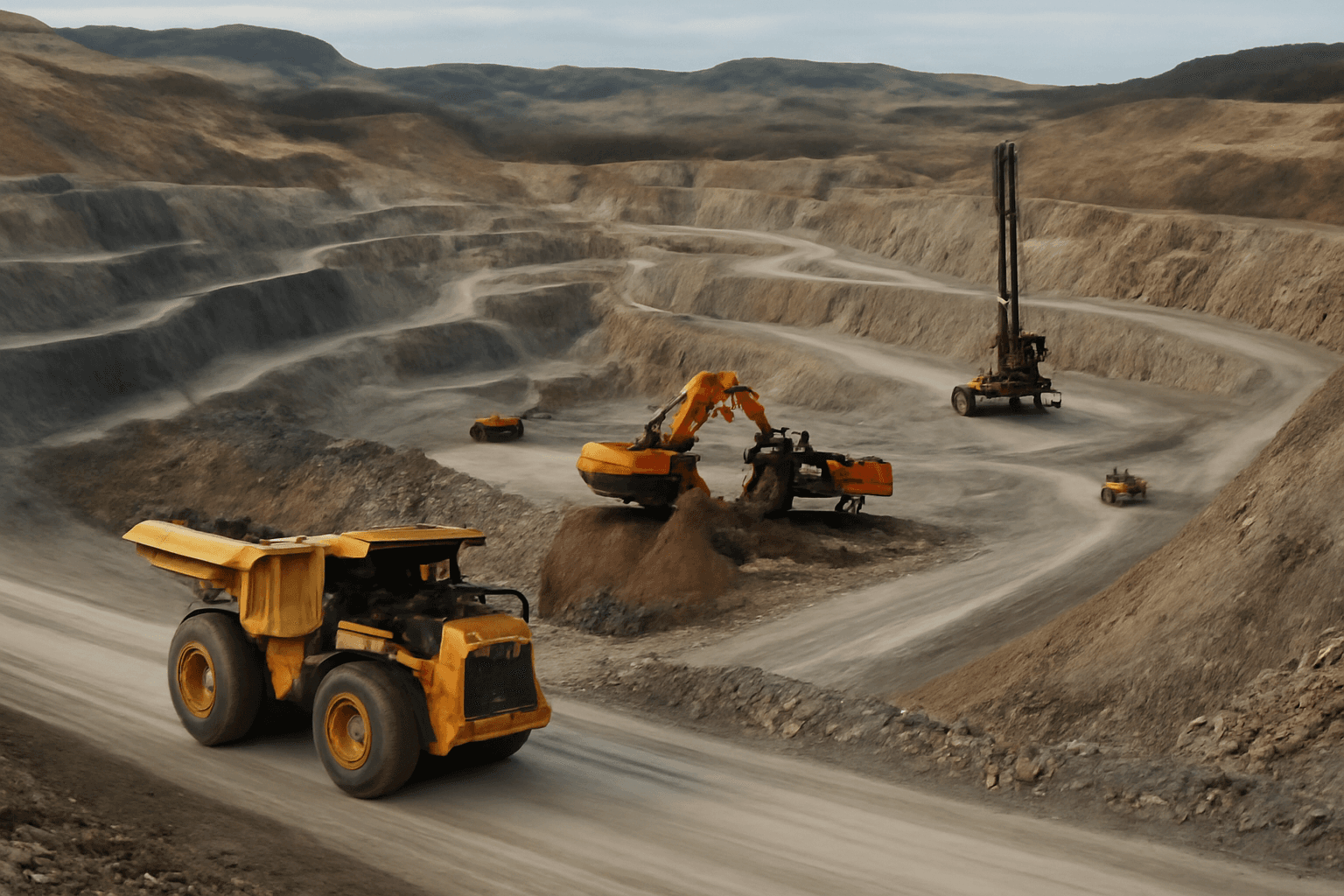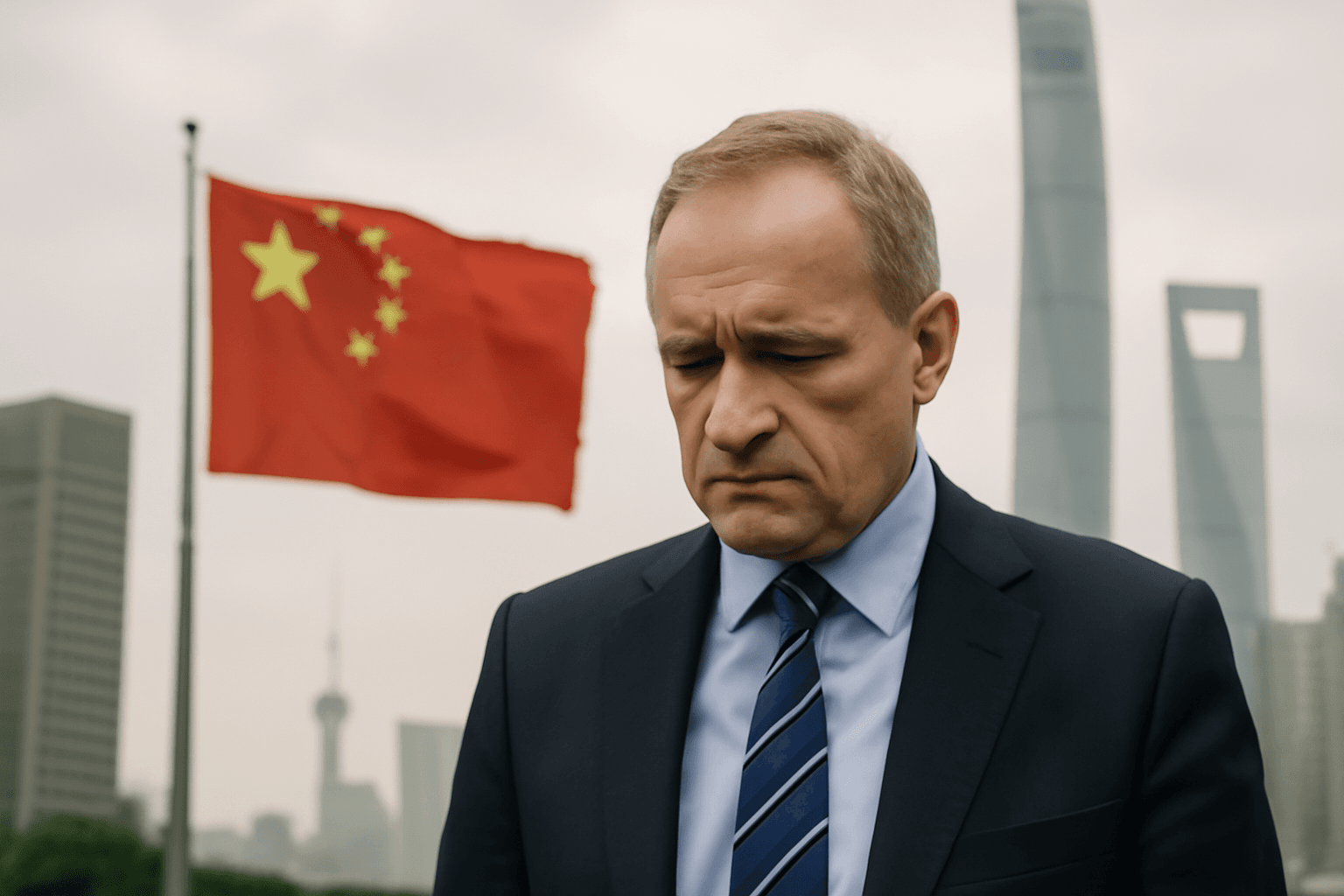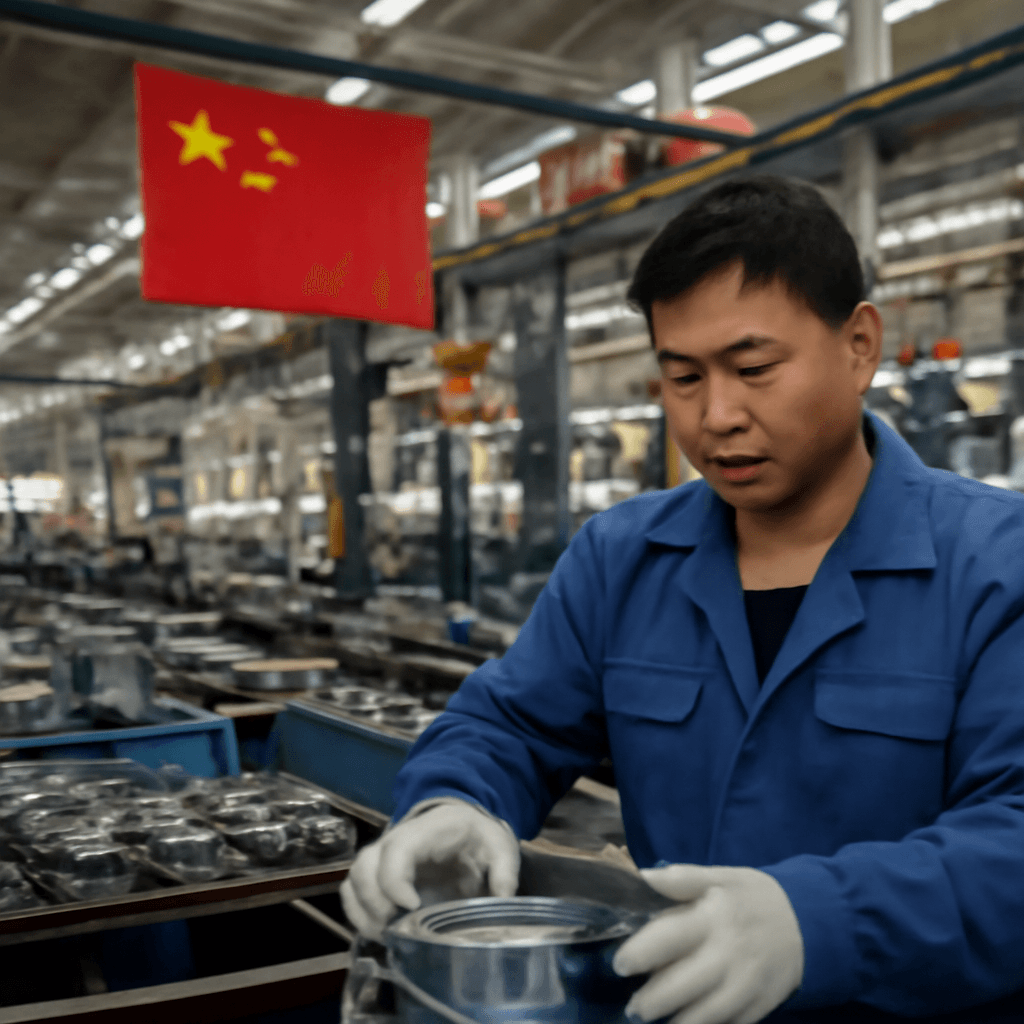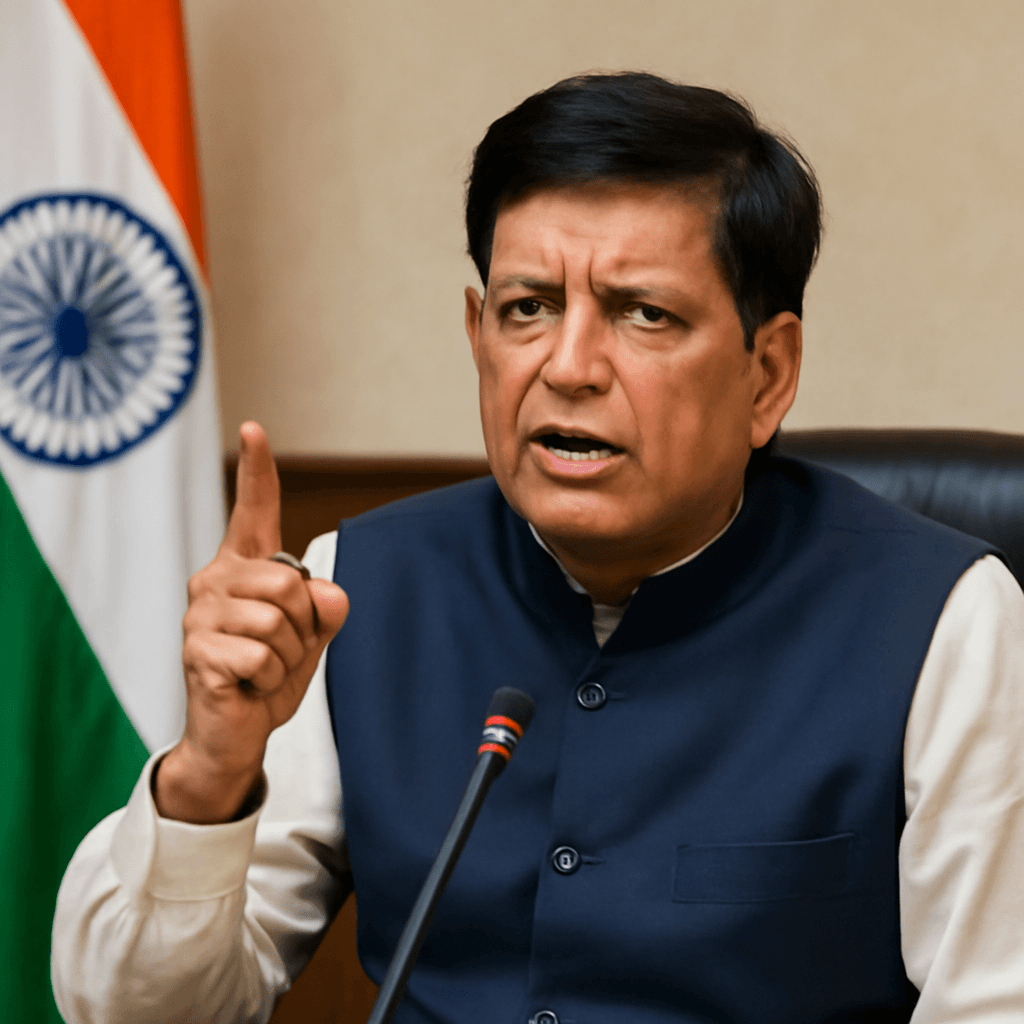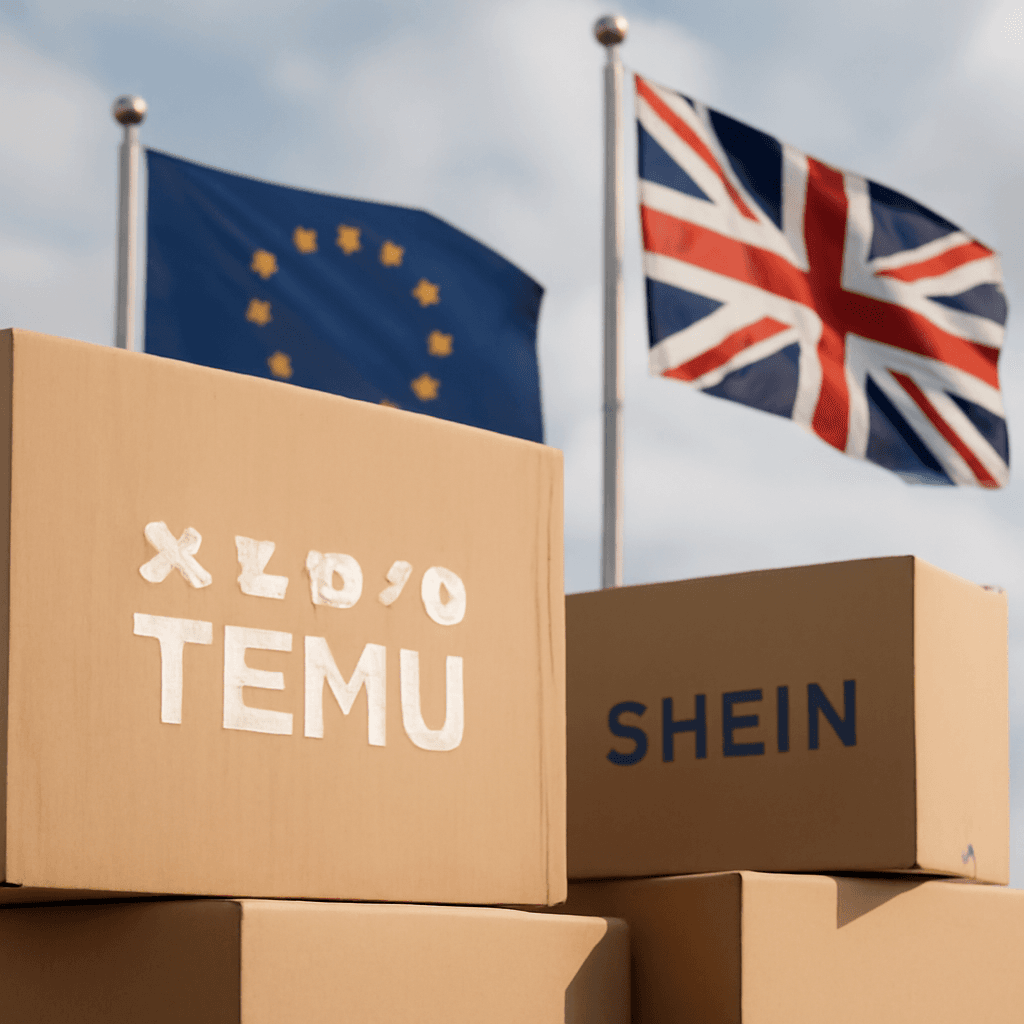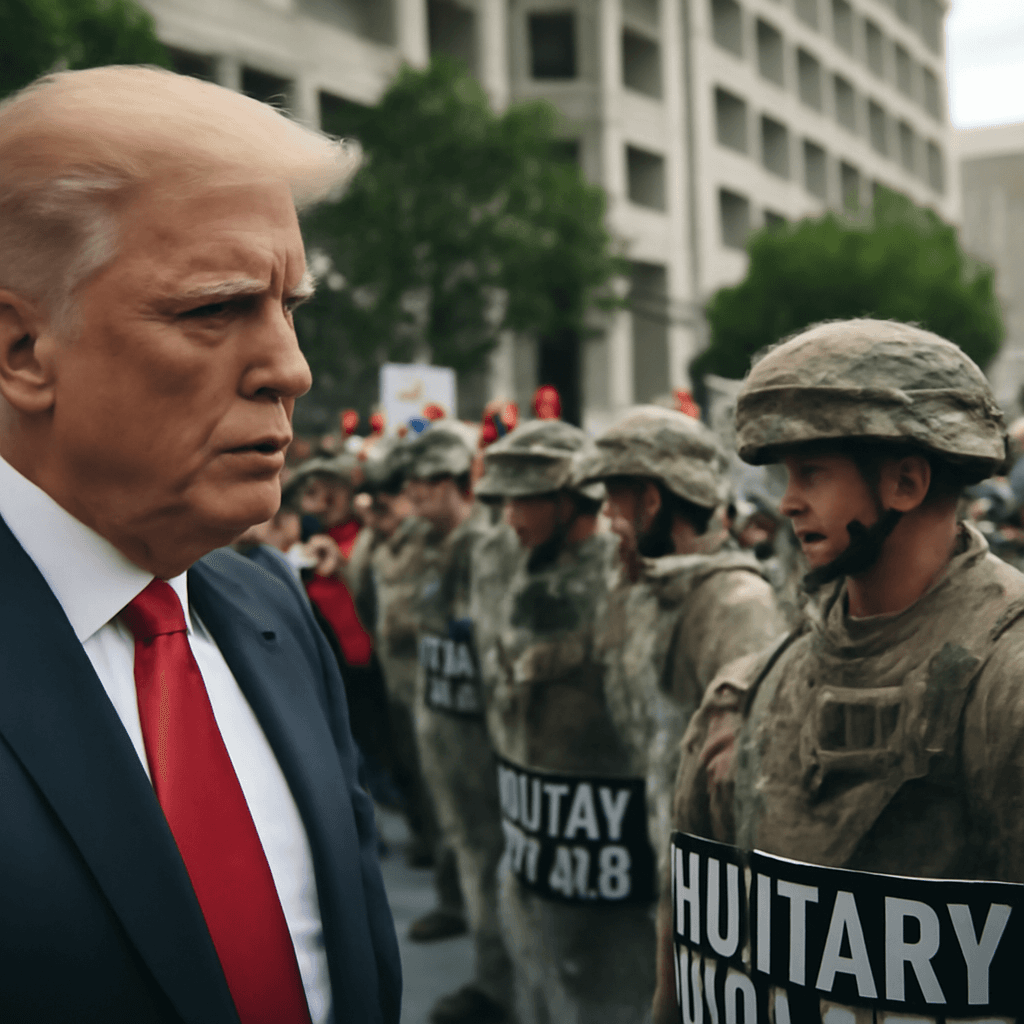Shein Expands Manufacturing Footprint in India
Fast fashion giant Shein is ramping up its manufacturing operations in India, aiming to strengthen its global supply chains amid mounting trade tensions between the U.S. and China. The company, which was founded in China and is now headquartered in Singapore, is working alongside its Indian partner Reliance Retail to diversify production and boost international sales of India-made clothing.
Aiming to Scale Up Supplier Base
Sources reveal plans to increase Indian suppliers from 150 to 1,000 within the next year, signaling a significant expansion in the company’s footprint across the South Asian market. Shein’s collaboration with Reliance Retail also involves launching international sales of its India-made apparel within the coming 6 to 12 months.
While Shein clarified that its licensing deal with Reliance Retail currently applies only to domestic Indian consumption, the broader initiative points towards a strategic manufacturing shift to India.
Strategic Moves Amid Trade Disruptions
Amid ongoing U.S.-China trade frictions and regulatory scrutiny ahead of Shein’s anticipated initial public offering (IPO), industry analysts perceive this shift as a smart adaptation.
- Susannah Streeter, a market analyst, described India’s manufacturing expansion as a “shrewd move” to counteract trade headwinds.
- Ed Sander, an expert at Tech Buzz China, suggested that the current global tariff challenges might accelerate Shein’s pivot to India as a long-term production base.
Shein’s Journey Back to India
Originally launching in India in 2018, Shein faced a ban in 2020 during a government crackdown on several Chinese firms. The brand reentered the market earlier this year through a licensing agreement with Reliance Industries, led by India’s wealthiest industrialist, Mukesh Ambani.
Under this partnership, Shein garments are locally produced and exclusively sold on the SheinIndia.in website, diverging from Shein’s usual model of offering China-made products internationally. Notably, the firm already operates manufacturing units in Brazil and Turkey.
Supporting India’s Textile Industry
Reliance has emphasized that this deal not only supplies Shein with locally made products but also helps build manufacturing capabilities and supports India’s ambitions to bolster its textile and garment export sector. However, current factory capacity poses certain limits on India’s ability to become a major export hub immediately, though this may evolve as Reliance scales up production.
Broader Industry Trends
Shein’s move aligns with a larger trend among global brands shifting production to India to sidestep rising tariffs on Chinese goods. While tariffs on Indian exports remain at a lower 10% as trade talks continue, many companies see India as a more tariff-friendly location to manufacture products destined for the U.S market.
Tech giant Apple, for example, is also increasing its Indian manufacturing footprint, aiming to produce about 25% of global iPhones domestically, driven by the prospect of higher U.S. tariffs on Chinese-made goods.
Challenges and Skepticism Remain
Despite the promising outlook, concerns linger about labor practices within India’s textile sector. Reports have highlighted allegations of forced and child labor on cotton farms supplying major clothing brands, which could cast a shadow over Shein’s ethical claims as it attempts to distance itself from past criticisms.
Consumer and investor scrutiny remain intense, especially given Shein’s controversial reputation surrounding labor standards and recent shifts in its IPO plans, including relocating the listing from London to Hong Kong after regulatory hurdles.
Looking Ahead
As Shein strengthens its India manufacturing strategy, the coming months will reveal how successfully the brand navigates supply chain diversification while addressing compliance and ethical challenges in a competitive global market.

